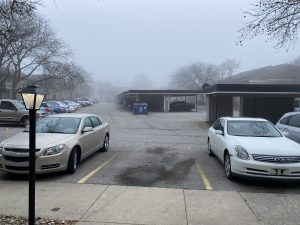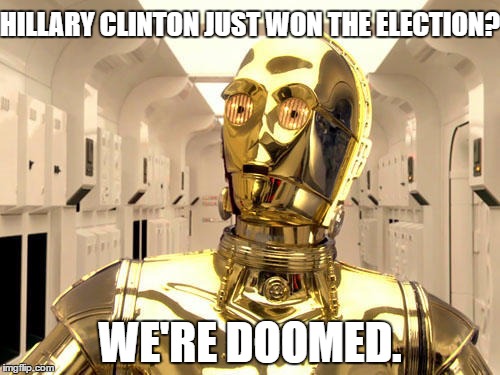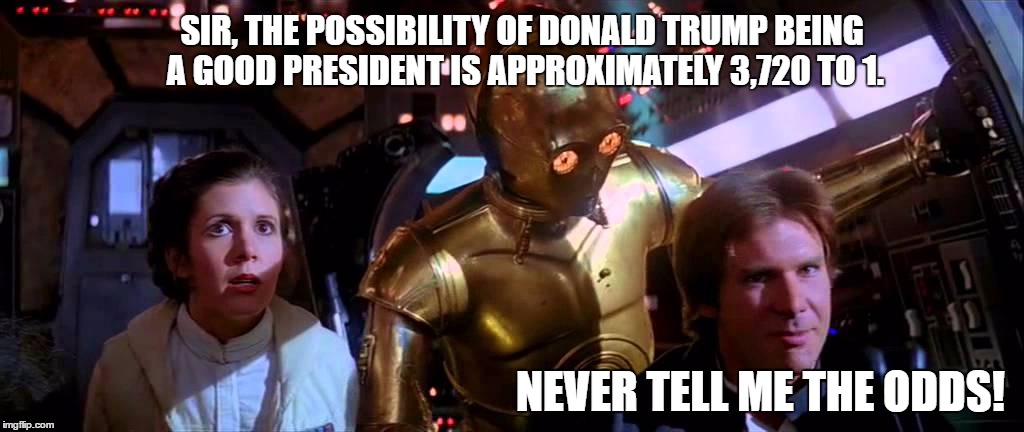I’ve been a staple at Gen-Con, a massive four-day gaming convention in Indianapolis, for a decade. I’ve tabled in Authors Avenue in the vendor hall since 2020, but even then, I taught a pair of online panels in the free online version held during the off-year. I’ve networked with many authors there, sold hundreds (if not more) books there, expanded my readership there, and met some amazing friends there.
But this year, I’m staying home. In fact, I canceled my vendor hall table in June.
Why? I’m not allowed to be there. Not because of something I did, but because of something I didn’t do.
This year Gen-Con required COVID vaccination cards to get in the door. This decision wasn’t finalized until two months before the convention. I’d reserved a table in February. I only got half of my money back when I canceled—because I’d chosen not to get vaxxed.
Before I continue, let me make several things abundantly clear:
- I am not anti-vax.
- I am not anti-science.
- I have simply chosen not to get the vaccine. I’m admittedly a little hesitant with how fast the vaccine was produced, but I’m incredibly healthy and hygienic. I’ve gone for 2 ½ years without getting COVID (unless I was asymptomatic).
- I’m not here to argue about the medical science of COVID and the vaccine. That invariably turns into a quagmire because everyone can site sources that seem to back up their position. Honestly, the science is immaterial to the issue with Gen-Con.
What I will argue is still potentially dangerous. I could lose readers and/or friends over it. (Welcome to the world we live in). It might even be considered grounds for “cancelation.”
But I must speak up.
This vax card requirement by Gen-Con makes no sense. The COVID-19 pandemic is over, for all intents and purposes. In my home state of Indiana (where Gen-Con is held, in case you forgot), we have returned to what feels like 90-plus-percent pre-2020 normal. Last year, Gen-Con held a half-size show while the pandemic was ongoing but subsiding. Precautions were taken, such as requiring masks. It was “diet Gen-Con” in many ways, but I can vouch for it being a success. Heck, I made more money in Authors Avenue than I ever had before! I expected Gen-Con would relax their restrictions in 2022.
Instead, they’ve done the opposite.
Why?
I suspect politics.
It’s no secret that Gen-Con’s management are leftists. In 2015 when then-governor Mike Pence signed the Religious Freedom Restoration Act, the CEO of the convention threatened to break contract with the city of Indianapolis and move the show out of state in protest. Thankfully, that didn’t happen, but it showed the organization’s true political colors. Now politics are influencing how they manage their business. It’s at best misguided virtue signaling and at worst a thinly veiled attempt to identify the political demographics of Gen-Con’s customer base and, I would argue, bar some from attending based on those politics. The problem is some people—such as several members of my family—haven’t gotten the vaccine because of their politics but because of pre-existing health conditions that would be aggravated by the vaccination. Why should such people be prohibited from attending Gen-Con along with the “evil” antivaxxers if they want to be there?
This decision makes Gen-Con an outlier. While I’m sure there are other cons that have such requirements now, I can’t think of one. (Feel free to mention any in the comments below). This year I’ve attended both Indiana Comic-Con (which is in the Indiana Convention Center, the same venue as Gen-Con) and G-Fest (which is held in Chicago, a city that only recently relaxed its stringent COVID restrictions), neither of which required vax cards. And guess what? Everything went fine. No one said anything one way or the other. Nobody died. The attendees just enjoyed themselves. Gen-Con could’ve compromised, as many venues and shows have done in the last year. A negative COVID test within three days of the con? Sure. A mask mandate? Fine. Social distancing and other precautions? Understandable. But a vax card requirement is a bridge too far.
I’ve debated if I still would’ve attended Gen-Con if I was vaxxed. While I can’t say for sure, I think I would’ve canceled on principle and as a sign of solidarity with friends who couldn’t or wouldn’t attend because of this decision.
After the success of last year’s Gen-Con despite reasonable restrictions, this vax card requirement is a baffling, presumptive, and seemingly prejudicial decision. It’s bad for PR. While I don’t wish failure on this year’s con, I do hope that the powers-that-be at Gen-Con corporate get plenty of pushback about this and drop the requirement for next year’s convention. I’ve spoken with other Gen-Con fans who’ve been unfairly excluded by this. We aren’t going to get a COVID shot just to participate in “the four best days of gaming.” There are other cons who don’t have these restrictions who will be happy to have our time and money. It’s not 2020 anymore. We’ve moved on.
Gen-Con should, too.






